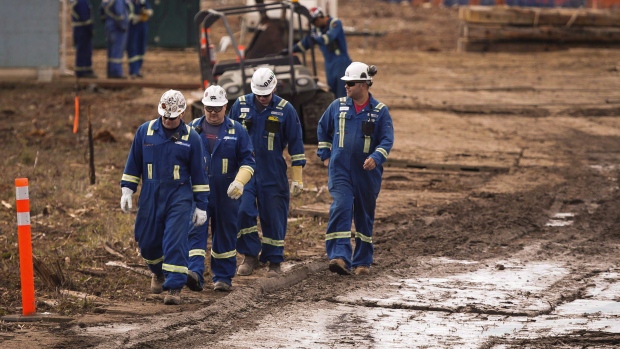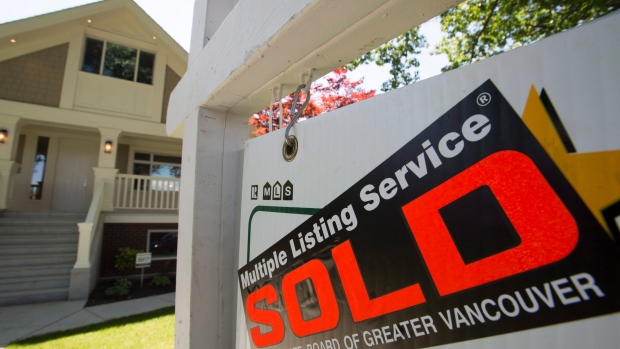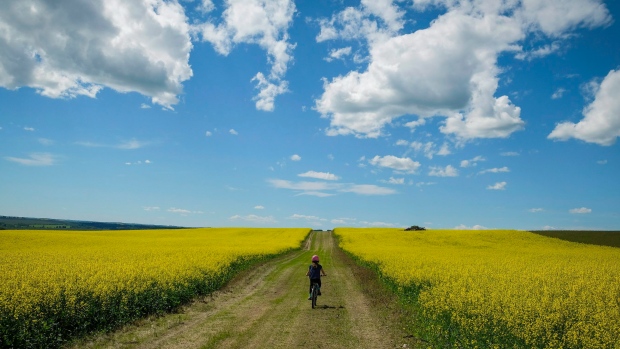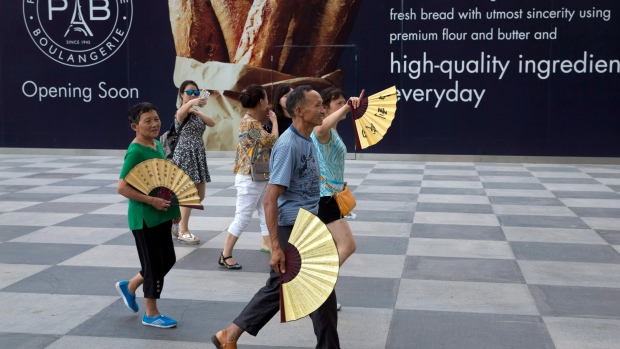Aug 26, 2016
China’s oil sands woes risk becoming another irritant on Trudeau’s official visit

Human rights issues and Chinese backlash to the foreign homebuyer tax in Vancouver may be dominating discussions ahead of Prime Minister Justin Trudeau’s first official visit to China.
However, experts say if Canada wants to make economic progress with the world’s largest economy, Trudeau must focus on far less headline-grabbing issues.
Here’s a look at the most significant challenges that Trudeau faces, and what’s at stake for Canada as the prime minister seeks to strengthen ties with China.

BACKLASH TO B.C. FOREIGN HOMEBUYER TAX
While many Chinese nationals are feeling angry about the extra 15 per cent tax they now must pay on property they buy in Vancouver, Gordon Houlden believes the Chinese government does not necessarily share the same level of concern as its citizens.
“This is a little bit of an inside baseball story for the Chinese,” said Houlden, director of the University of Alberta’s China Institute who previously served as a Canadian diplomat in Beijing. “I don’t think this will necessarily rise to the Prime Ministerial level.”
If Beijing does address the tax with Trudeau, it may actually praise the new provincial levy. “They may actually like the higher tax,” said Dan Ondrack, an international business professor at the University of Toronto’s Rotman School of Management. “It will prevent wealthy Chinese citizens from offshoring their money.”

CANOLA CRISIS
Failure to achieve immediate progress on this file could cost Canada billions of dollars in lost exports by the time Trudeau heads home.
China is set to impose tougher inspection standards on imports of Canadian canola as of Sept. 1, just as the Prime Minister’s visit enters full swing. “I would argue this is a keystone issue that will take up a major chunk of time,” Houlden said.
China is attempting to limit the spread of blackleg crop disease, which it believes to be an issue unique to Canadian canola despite the industry maintaining the claim is not scientifically justified. Canada is the world’s largest canola producer and roughly 40 per cent of the crop – used primary to make vegetable oil – is sent to China for proceeds of roughly $2 billion annually.
“China wants to set the acceptable level of blackleg so low that it cannot be met in an economic fashion,” Houlden explained, “so that as of Sept.1 any shipment to China that has a certain level can be turned around and sent back or even destroyed.” Talks on this issue could easily be the most contentious, as Canadian efforts to find a solution have been met with intense resistance from Chinese officials.
DEARTH OF ENERGY DEALS
Chinese government-backed cash was very recently king in the Canadian oil patch. No longer: Chinese capital made up nine per cent of Canada’s total foreign direct investment in energy assets by 2013, up from less than one per cent in 2004. However, since then, the trend has reversed.
Many have pointed to the restrictions former Prime Minister Stephen Harper placed on state-owned enterprise (SOE) investments specific to the oil sands after approving the massive $15-billion sale of Nexen to CNOOC in late 2012.
Another explanation, according to Houlden, has to do with the low quality of Nexen’s flagship Long Lake oil sands asset; which has been constantly beset by issues ranging from a massive pipeline spill to a deadly explosion that forced the facility to shut down indefinitely earlier this year. CNOOC posted its first-ever half-year loss on Wednesday, which the company blamed specifically on its Canadian oil sands assets. And, earlier this year, CNOOC blamed a lack of new pipelines to the Pacific for its pullback on investment.
“Long Lake is a lemon,” Houlden said. “They bought high, and now when prices are low, they aren’t coming back into the market in a big way. And those responsible for the big investments – all those state companies have the same bosses. Those folks will have a hard time convincing them to double down, even if that might be the logical thing to do here.”
He believes China would like to see SOE restrictions loosen even if they plan to remain on the sidelines. “Once bitten, twice shy applies here I think,” Houlden said.

INTELLECTUAL PROPERTY PROBLEMS
This has long been an issue for many Western nations hoping to sell their products to China’s rapidly-expanding middle class.
Unlike Canada, the United States and Europe, Chinese law offers comparably weak protections for owners of various patents and copyrights, and according to Prof. Ondrack, lack of progress on that file is preventing Canadian businesses from operating there.
“I once did an interview with the CEO of a highly successful Canadian high-tech company who refused to do business in China because he felt there was a high chance of their products being copied in China and little chance of winning a law suit in their court system for violations of IP rights,” Ondrack said. “Their court system is not independent of the government and copiers may often by state-owned enterprises, or the copying company may be owned by some government officials or friends of government officials.”

HINGING ON HUMAN RIGHTS
Before meaningful progress can be made towards anything even remotely resembling a Canada-China free trade deal, Trudeau has already insisted China must achieve progress on its human rights record first.
Barely two months ago, when Chinese Foreign Minister Wang Yi took questions from reporters during a visit to Ottawa, Wang berated a journalist for asking about China’s alleged human rights abuses as being “unacceptable” and “irresponsible.”
Arguments over whether the ultimatum Trudeau issued in response was justified or not aside, the issue could stall trade talks before they even start. “Their human rights situation has actually been improving,” said Houlden, noting he could “remember a time when nobody in China was even allowed to apply for a visa to leave the country.”
He also expressed practical concerns about what “progress” actually meant in real terms: “How would you gauge it, how would you measure it? The idea that you can dictate terms to a country as big as China in 2016, those days are long gone.” Even if Trudeau decides not to raise the issue specifically during his conversations with Chinese leaders, Ondrack argues the damage may already have been done.
“It is kind of an insult for one country to tell a host government that it is not doing a very good job on human rights,” he said. “The one thing they definitely do not want is a threat to their government authority.”

